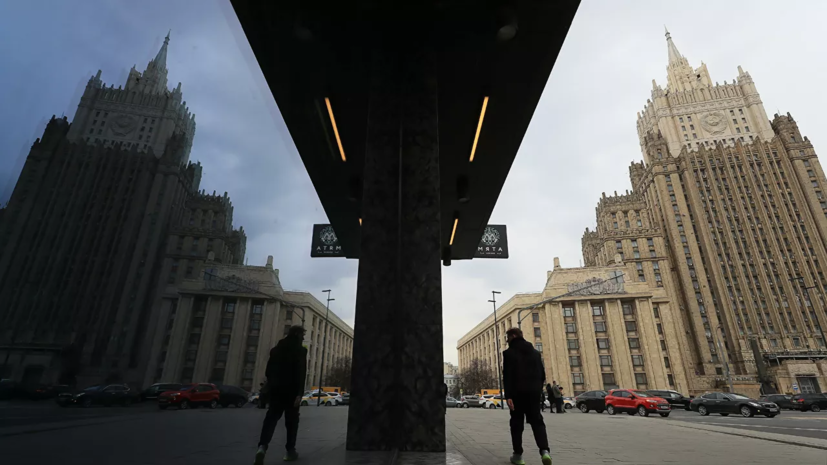This is stated in the commentary of the official representative of the Russian Foreign Ministry Maria Zakharova, published on the website of the Foreign Ministry.
“Our close attention is attracted by the information of the German edition“ Die Welt ”on April 17, widely circulated by the international media, that there were“ hundreds of antipersonnel mines in warehouses in the Czech Vrbetica, ”she said.
According to her, this information casts doubt on the good faith fulfillment by Prague of its obligations under the CPPM.
"Similar questions also arise to Bulgaria, whose citizen, according to The New York Times, was the owner of the weapons stored in the warehouse, as well as to Ukraine as a potential recipient of these funds," Zakharova noted.
The Russian Foreign Ministry recalled that Article 1 of the above Convention provides that the participating States undertake “never and under any circumstances (...) not to develop, produce, acquire in any other way, accumulate, save or transfer to anyone, directly or indirectly, anti-personnel mines. "
Also, the participants of the CPLM undertake “not to help, encourage or induce in any way anyone to carry out” such activities.
“We expect from the Czech Republic, Bulgaria and Ukraine the necessary clarifications regarding reports on the storage of anti-personnel mines in warehouses in Vrbetica bypassing the KZPM,” the Foreign Ministry said.
Earlier, Czech President Milos Zeman said that during the investigation of the explosions in Vrbetica, a connection was established between the incident and a Bulgarian arms dealer.
Zeman also, commenting on the explosions in Vrbetica in 2014, said that for six years the republic's counterintelligence, even in the closed parts of their reports, did not mention any "Russian agents" that had been announced in recent weeks.

